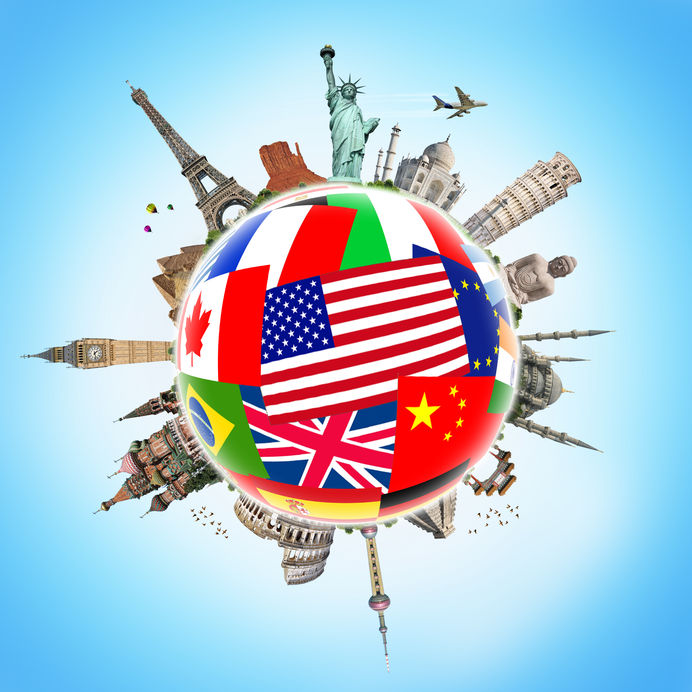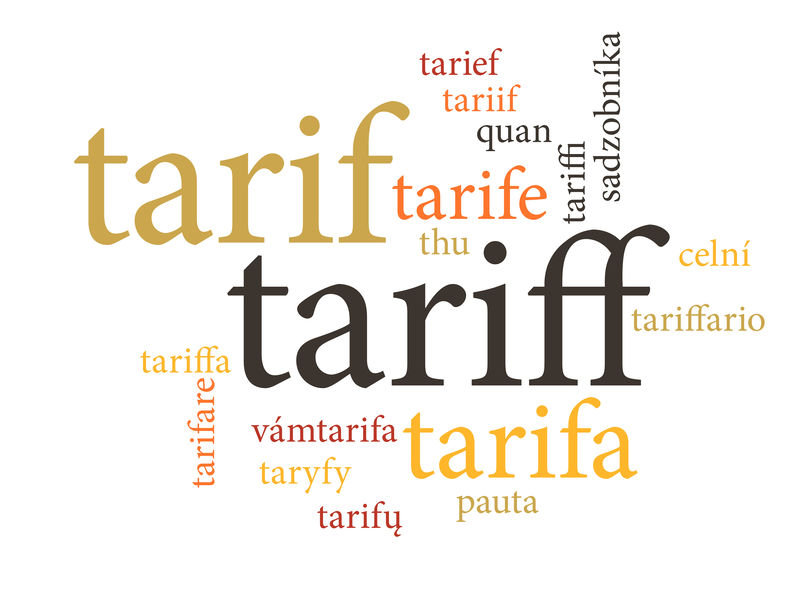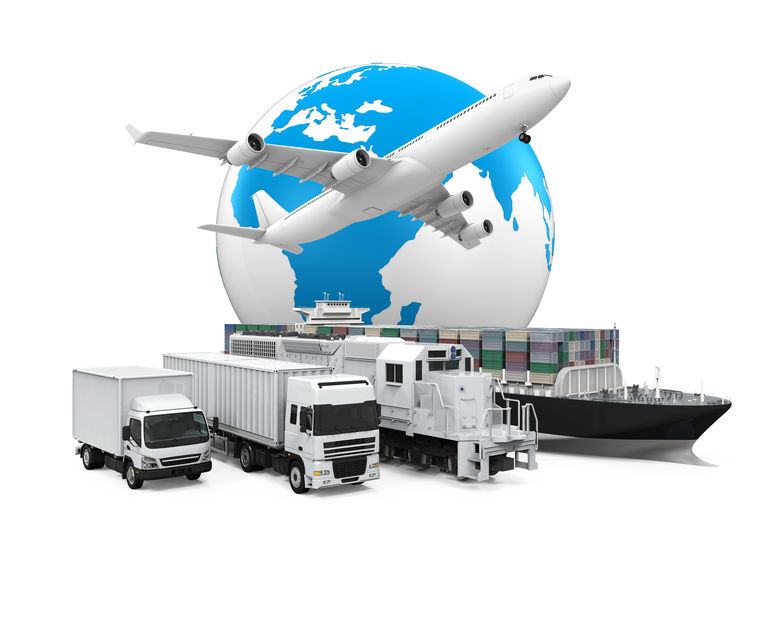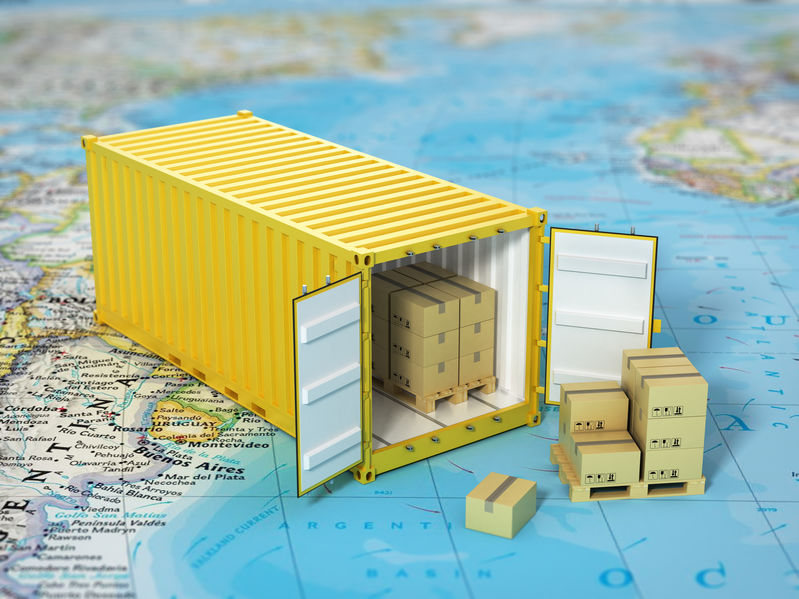We share hands-on advice for everyday trade and logistics challenges. Access insights and actionable strategies that drive certainty, continuity, and compliance across your operations.
Maintaining Your Records

Compliance Customs compliance is an essential part of every import business. Being compliant means being aware of – and abiding by – the laws and policies regulating imports and exports. Savvy importers adopt comprehensive company-wide compliance practices and keep on top of regulatory changes to adapt as necessary.
Certificates of Origin

A certificate of origin is a legal document that certifies a product’s country of origin. Certificates of origin (COs) are needed to assess the correct duty and to qualify imported products for reduced duty under free trade agreements (FTAs).
General Average – Are you covered?

When you ship by sea, cargo insurance is a must. Even if your shipment seems indestructible… isn’t travelling far… or isn’t very valuable, insuring oceangoing goods is always recommended. Without insurance, you could be on the hook for a significant charge if a General Average is declared.
EDI: Electronic Data Interchange

EDI (electronic data interchange) is the electronic exchange of business data in a standardized format between trading partners and with customs agencies. It replaces paper-based document exchanges of the past and offers the benefits of lower costs, increased transaction speed, improved accuracy, and smoother.
Importing a Vehicle from the U.S. into Canada

But what’s involved in importing, and how do you know for sure whether the car you’re considering will be allowed across the border? Will that “great deal” still be as good once you factor in all the duties, taxes and other fees to get it here?
Duty relief: Don’t miss a chance to save

What is duty? Duty is a tax paid to the customs authority of the country into which goods are being imported. The amount of duty is usually calculated based on the value of the goods – but can also vary depending on other factors such as quotas, timing, quantity and country of origin.
SWI – the Single Window Initiative Update

The Single Window Initiative (SWI) is a federal government process for collecting information on imports into Canada. Rather than submitting information individually to different government agencies, as in the past, the single window initiative allows importers to provide all required information on imported goods in.
What exactly does a freight forwarder do… and do I need one?

Importing and exporting are key activities for many businesses. But the process, paperwork, and regulations involved in international trade can be very complex – intimidating, even. Many successful international shippers avoid getting bogged down in these logistics by working with a freight forwarder.
Classifying goods for trade – What’s the deal?

Proper tariff classification is the foundation of import and export trade compliance. The Harmonized Commodity Description and Coding System (usually shortened to Harmonized System, or just HS) is the internationally standardized system of classifying traded products. It is applied by over 180 countries and.
Customs audits and compliance

Customs verifications (a.k.a. audits) are serious matters, and their impact on a business can be significant. You never know if or when Customs will come calling, but you can conduct your business to be prepared to weather an audit with minimal disruption.
